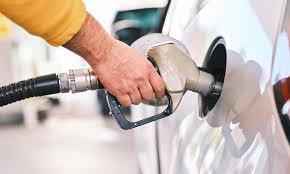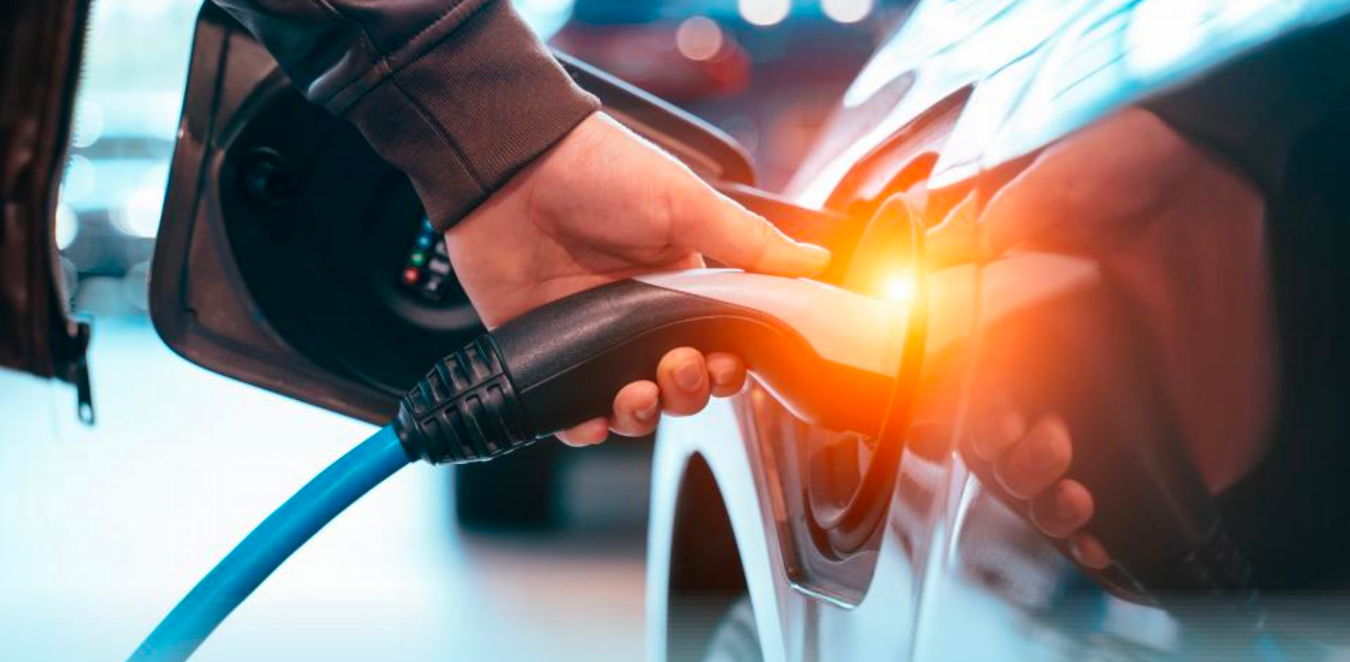Fuel efficiency is crucial for both saving money and reducing your carbon footprint. Whether you’re commuting to work, running errands, or going on a road trip, adopting fuel-efficient driving habits can make a significant difference. In this post, we’ll share practical tips to help everyday drivers improve fuel efficiency and maximize their vehicle’s performance.

Maintain a Steady Speed
One of the easiest ways to improve fuel efficiency is by maintaining a steady speed while driving. Frequent acceleration and braking consume more fuel. Instead, try to drive at a consistent pace, especially on highways or longer trips. If your car has cruise control, use it to help maintain a constant speed and reduce fuel consumption. Avoiding rapid starts and stops can prevent unnecessary fuel waste.
By keeping a steady speed, you allow your vehicle to operate more efficiently, saving both fuel and money.
Keep Your Tires Properly Inflated
Under-inflated tires increase rolling resistance, which means your car’s engine has to work harder to keep the vehicle moving. This leads to lower fuel efficiency and can also cause tires to wear out faster. Make it a habit to check your tire pressure regularly, especially before long trips. Many gas stations have air pumps where you can easily check and adjust your tire pressure.
Properly inflated tires improve gas mileage and ensure better handling and safety, making it a simple yet effective way to increase fuel efficiency.
Reduce Extra Weight
Carrying unnecessary weight in your vehicle can decrease fuel efficiency. For instance, keeping heavy items in your trunk or using roof racks when you don’t need them can add extra load to your car. Try to remove excess weight, such as sports equipment, tools, or heavy bags, that’s not essential for your trip. Additionally, avoid using roof racks unless absolutely necessary, as they can create additional drag and reduce fuel economy.
Lightening your load allows your vehicle to perform more efficiently, reducing the amount of fuel it needs to run.
Use Air Conditioning Wisely
Air conditioning (A/C) can have a significant impact on your vehicle’s fuel efficiency. When you use A/C, your engine has to work harder to maintain the desired temperature, consuming more fuel. To minimize fuel consumption, only use the A/C when necessary. At lower speeds, consider opening the windows instead of using A/C to cool the car. However, at higher speeds, it’s more fuel-efficient to use A/C than to keep windows open, as open windows increase drag.
Being mindful of your A/C usage can prevent unnecessary fuel waste, particularly during hot months.
Drive Smoothly and Avoid Aggressive Driving
Aggressive driving behaviors, such as speeding, rapid acceleration, and hard braking, lead to fuel wastage. Try to drive smoothly, making gradual accelerations and gentle braking. Sudden stops and starts consume more fuel, while steady driving allows the engine to run more efficiently. Maintaining a safe following distance from other vehicles also helps you avoid sudden stops, allowing you to coast more often.
By driving smoothly, you optimize fuel consumption and reduce wear and tear on your vehicle, resulting in both cost savings and a longer car lifespan.
Plan Your Routes in Advance
Planning your routes in advance can help you avoid unnecessary detours and traffic delays. Using GPS apps or navigation systems that offer real-time traffic updates can help you find the quickest and most fuel-efficient route. Avoiding congested areas or routes with frequent stops will help you reduce idling time, improving fuel efficiency. Additionally, try to combine errands into one trip instead of making multiple short trips, which can be less fuel-efficient.
Route planning allows you to save time and fuel, making your daily driving more efficient and eco-friendly.
Perform Regular Vehicle Maintenance
Keeping your car in good condition is essential for fuel efficiency. Regular maintenance, such as oil changes, air filter replacements, and spark plug checks, ensures that your vehicle is running at its best. Dirty air filters and old spark plugs can reduce engine performance, causing your car to consume more fuel. Regular maintenance also helps prevent costly repairs in the future.
A well-maintained vehicle operates more efficiently, reducing fuel consumption and improving overall performance.
Limit Idle Time
Idling consumes fuel without getting you anywhere. If you find yourself stopped for more than a minute—such as waiting in traffic or at a railroad crossing—consider turning off your engine. Restarting your car uses less fuel than keeping it idling for extended periods. Many newer cars also have automatic stop-start systems that help reduce idling time by turning off the engine when the car is stopped and restarting it when you press the gas pedal.
Reducing idle time saves fuel and contributes to a cleaner environment by lowering emissions.
Conclusion
By adopting a few simple habits, everyday drivers can significantly improve their fuel efficiency. Maintaining a steady speed, keeping tires properly inflated, reducing excess weight, and driving smoothly can make a big difference. Additionally, using air conditioning wisely, planning your routes, performing regular maintenance, and limiting idle time will help you get the most out of each tank of gas. These small changes can add up to big savings over time, both for your wallet and the environment.











